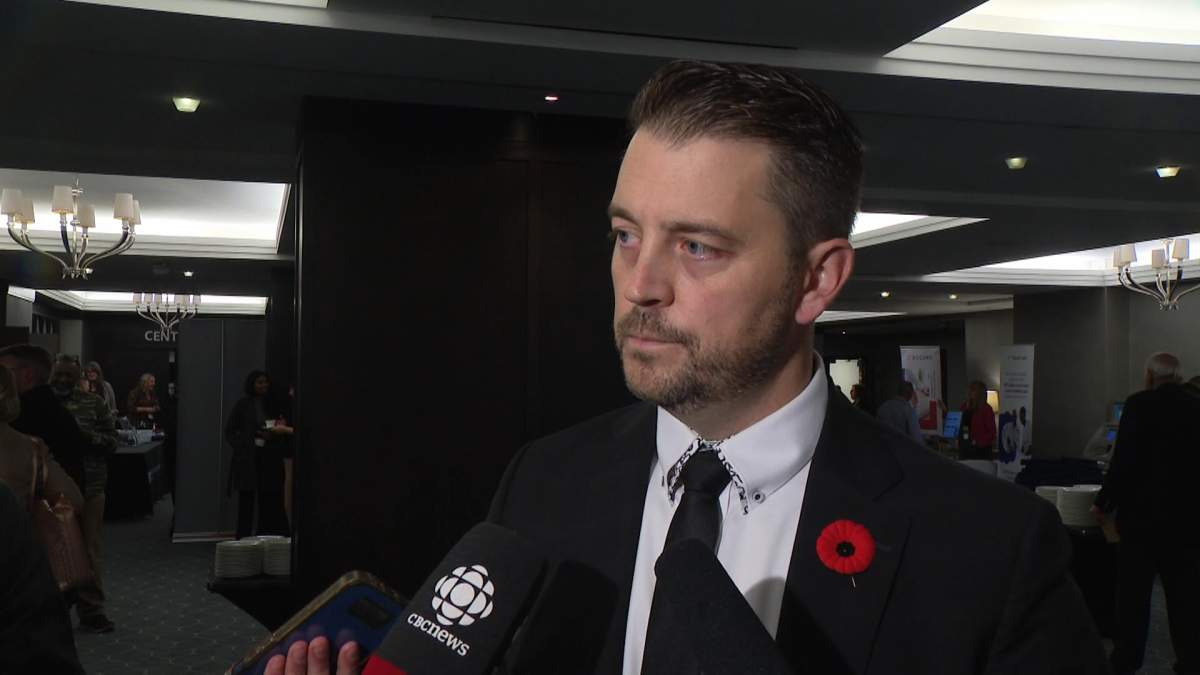The Government of Saskatchewan is making an immediate change to its health system approach when it comes to drug abuse.

Third party organizations receiving government funding will not be able to use money to provide things like pipes for smoking meth or crack.
“Providing taxpayer-funded pipes for smoking illicit drugs and instructions for how to use them sends the wrong message to people who we want to help,” Mental Health and Addictions Minister Tim McLeod said.

“Instead, the message coming from the health-care system should be that there is hope for recovery, and there is help available through treatment.”
The province has been shifting its focus on mental health and addictions by promising to create 500 addictions treatment spaces across Saskatchewan as part of a new action plan that was announced in Fall 2023.
“The goal of the health care system should always be getting people the treatment they need to overcome addictions and live healthy, safe lives in recovery,” McLeod said. “How the health care system responds to people who have yet to walk the path to recovery needs to strike a balance with public safety priorities.”

The province said the Take Home Naloxone program will continue, offering free naloxone kits to the public.

Get weekly health news
This announcement also doesn’t affect the use of drug checking infrared spectrometres.
But the provincial government did say needle exchanges will run on an exchange basis to try and prevent littering of used needles in public spaces.
New community wellness buses were also announced for 2024 with the aim of offering primary health care services and other supports and referrals to people who need it.
Kayla Demong, executive director for Prairie Harm Reduction in Saskatoon, said she can’t believe in 2024 they are fighting these fights.
“We have all the data, we know all the research, and for the province to stand up and draw such a hard boundary, all that says is that all the people that are accessing our services don’t actually matter,” Demong said.
She said there are a lot of questions unanswered, but she was told by the province that more information was coming.
“We get all of our drug-using equipment from the SHA.”
She said Prairie Harm Reduction isn’t funded by the province, so she said they were very unsure what that meant for their organization.
She said the pipes they offered for free allowed them to help people who had bad abscesses and illnesses.
“Or keep people just smoking drugs. I don’t want to say just smoking drugs, but keep them smoking so we aren’t having to then go through all the things that come with intravenous drug use.”
She took issue with the needle exchange changes, saying that if a drug user doesn’t have a needle, they can’t get one.
“I can’t fathom how the government doesn’t think our HIV rates are going to spike.”

Demong said she wants the government to understand that recovery is a continuum of care.
She spoke about her own past as a former drug and alcohol user, saying she recognizes what supports are needed in order for recovery to be possible.
“There are 300 people accessing our services in that building right now and I bet you 95 per cent of them are homeless. And my big question is how can someone be homeless, be put into a treatment centre and returned to the streets, and be expected to be successful?”
Demong said it feels like the government is saying some people are worth the investment and others are not.
She said there might be some benefit with the announcement of the community wellness buses, but questioned if it will actually happen.
“We have seen our street health van, which is one of the best functioning health services we have in this city, really struggle to keep going this year just as far as repairs and the van breaking down.”
Demong said these buses likely won’t contribute to people stopping from using drugs, saying many of the people using those services are homeless and are dealing with complex needs.
She said it’s very hard to move people to a point of recovery if there’s no stability in their life.
She said she’s not against recovery and that more publicly-funded treatment programs are needed across the province, but said 28-day treatment doesn’t work because it doesn’t address the underlying causes for substance abuse, which she said is often caused by trauma.
“Treatment centres that have been effective, and we have lots of really great examples in the country of how treatment can be beneficial, but they’re three-month, six-month, one-year treatment centres with follow-up care. And so that’s really what this province needs if we want to look at effective treatment.”








Comments